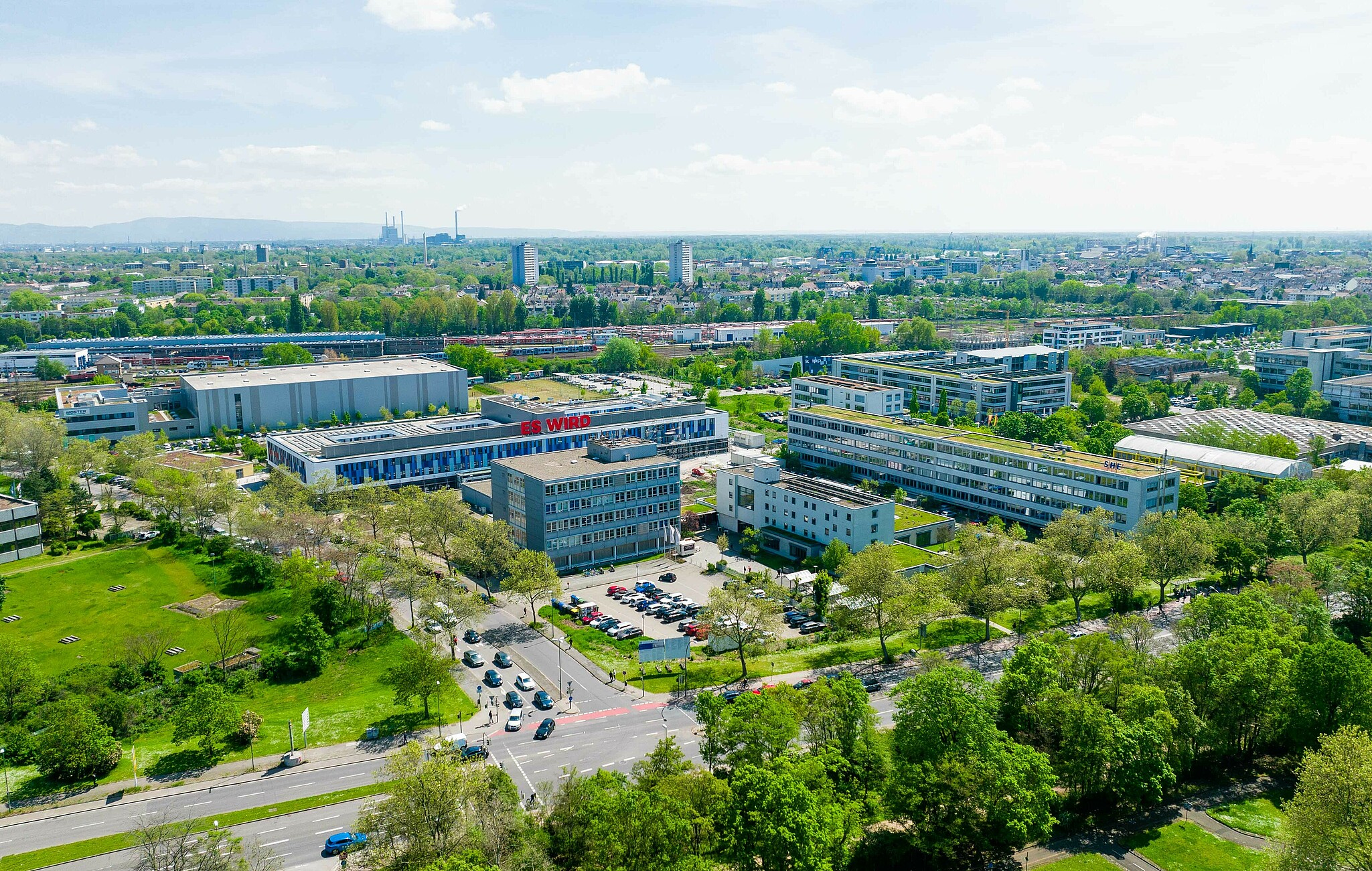Dimension: Living conditions
Imke Buß; Jutta Rump; Janina Kaiser; Melanie Schiedhelm; Petra Schorat-Waly
The composition of the student body is constantly changing due to demographic developments, higher education policy and study structure, the constantly changing social framework and the increased offer of part-time degree programs. Students bring their individual biographies into their studies. These include, for example, socio-cultural backgrounds, gender-specific aspects, different life circumstances such as physical, chronic or mental illnesses, caring responsibilities (children/relatives in need of care), employment, social or voluntary work (Boomers and Nitschke 2013).
Universities are gradually taking these life situations into account in a variety of ways: for example, by making full-time degree courses more flexible or by offering appropriate study formats such as continuing education or part-time courses. At the Ludwigshafen University of Business and Society, the following life situations are particularly relevant:
| Life situation | Proportion of students* |
| Employment > 20 hours | 15% |
| Children | 5,5% |
| Caring for relatives | 4,5% |
| Disability/ chronic illness | 8,5% |
| *of theundergraduate BA and consecutive MA degree programs at the Ludwigshafen University of Business and Society 2015 | |
These sometimes stressful life situations (e.g. in terms of time) result in study difficulties and time and location restrictions that influence learning behavior. This is expressed in particular in difficulties in participating in courses and group work or in finding the necessary time for self-study. The university can support compatibility through numerous measures in the organization of studies or education. For example, teachers can create greater flexibility in terms of location and time by replacing face-to-face teaching with virtual teaching. Analyses of aspects of study structure can be found in Working Paper No. 2 from the Ludwigshafen University of Business and Society (Buß et al. 2015).
Literature
Boomers, S.; Nitschke, A. (2013): Diversity and education. Recommendations for designing courses with heterogeneous student groups. Berlin.
Buß, I.; Müller, M.; Husemann, B. (2015): Analyses of study structural aspects. Working paper no. 2 of the university. Ludwigshafen.
Buß, I. (2016): Unpublished results of a student survey as part of the Open Study Model Ludwigshafen project. Ludwigshafen.
Citation
Buß, Imke; Rump, Jutta; Kaiser, Janina; Schiedhelm, Melanie; Schorat-Waly, Petra (2017): Dimension: life circumstances. In: Rump, Jutta; Buß, Imke; Kaiser, Janina; Schiedhelm, Melanie; Schorat-Waly, Petra: Toolbox for good education in a diverse student body. Working Papers of the Ludwigshafen University of Business and Society, No. 6.
Use according to Creative Commons under attribution (please use the citation given) and for non-commercial purposes.
